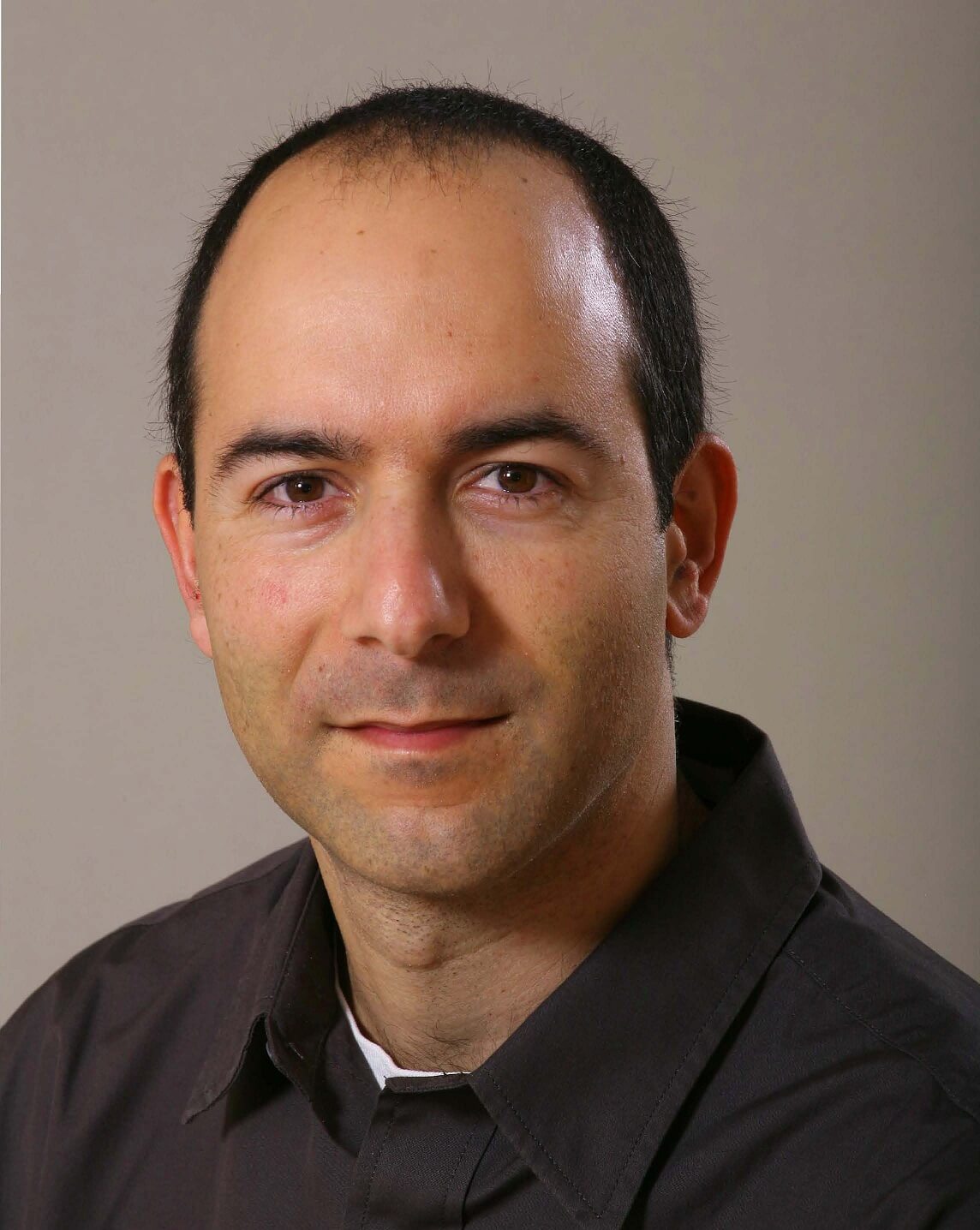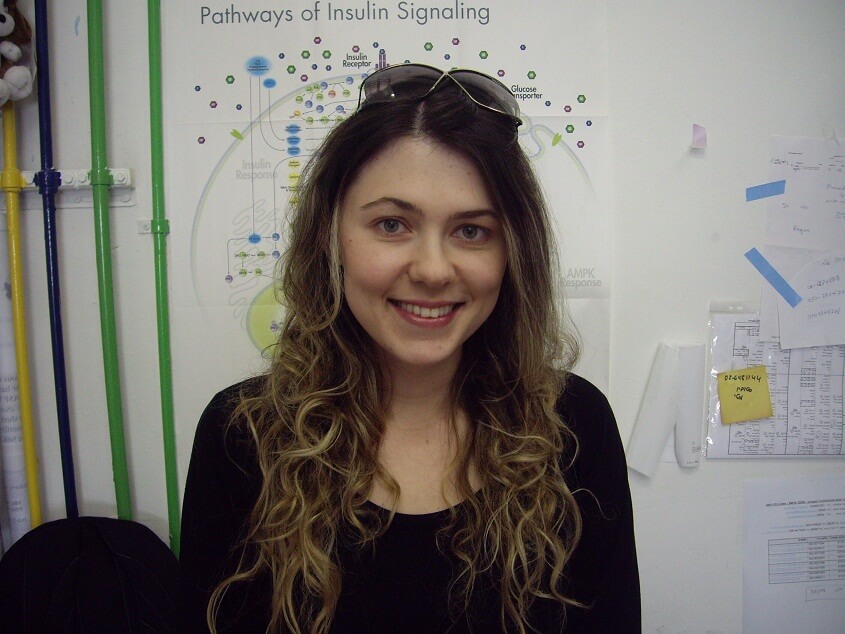The research findings pave the way for improving the diagnosis and treatment of the serious disease


About one and a half million women worldwide will be diagnosed with breast cancer in 2013. More than a quarter of them are expected to die from the serious disease, which in recent decades has become one of the biggest problems facing the world of medicine. Now, researchers from the Hebrew University have taken a significant step in the fight against the disease, with the discovery of a mechanism that makes breast cancer cells violent and malignant. For the discovery of important medical applications that are now registered as a patent and that will help diagnose the disease and treat it.
In a study published this week in the prestigious journal Cell Reports and conducted by PhD student Vared Ben-Hur under the direction of Dr. Rotem Karni from the Israel-Canada Medical Research Institute of the Hebrew University, it was found for the first time that breast cancer cells disrupt an important enzyme called S6K1 that participates in the transmission of signals and information into the cells. The researchers found that the cancer cells shorten the structure of this enzyme, and the shortened versions of that enzyme send signals to the cancer cells telling them to grow, thrive and invade other tissues, which increases the spread and intensity of the cancer. In addition, the researchers discovered that while the short version of the enzyme is lethal to the human body, its long form actually suppresses tumors and prevents normal cells from becoming cancerous.
"Until now, medical research was completely unaware of the existence of the S6K1 enzyme in its shortened version, and it was commonly thought that it was precisely the long version of the enzyme that helps cancer spread in the human body," says Dr. Carney. "Our research showed that the enzyme causes damage when it is shortened, while damage to the long version of the enzyme may actually increase the disease."
The research findings and discoveries have several important medical applications. While it is currently medically difficult to distinguish between malignant and benign tumors, by searching for the short versions of S6K1 it will be possible to find out whether certain tumors are malignant or not. In addition, in recent years, new drugs have come into use as cancer treatment. The research shows that these drugs are able to inhibit the activity of the short versions of the enzyme. Therefore, the researchers predict that only patients whose tumors show the short versions will respond well to treatment with these drugs, while other patients will not benefit from these drugs. Therefore, by searching for the short versions of the enzyme, it will be possible to predict in advance whether the use of those drugs will benefit the patient.
These applications were recently submitted for registration as a patent by the commercialization company of the Hebrew University "Yishom". According to Dr. Carney, another future application of the research will be to turn S6K1 back to its normal, unabridged state, thereby inhibiting the carcinogenicity of cancer cells. The research group led by him is currently developing new ways to do this.

One response
Well done 'friends' (if I may) I would love to hear about your continued progress on your research. My field is oral and maxillofacial surgery. thank you and good luck